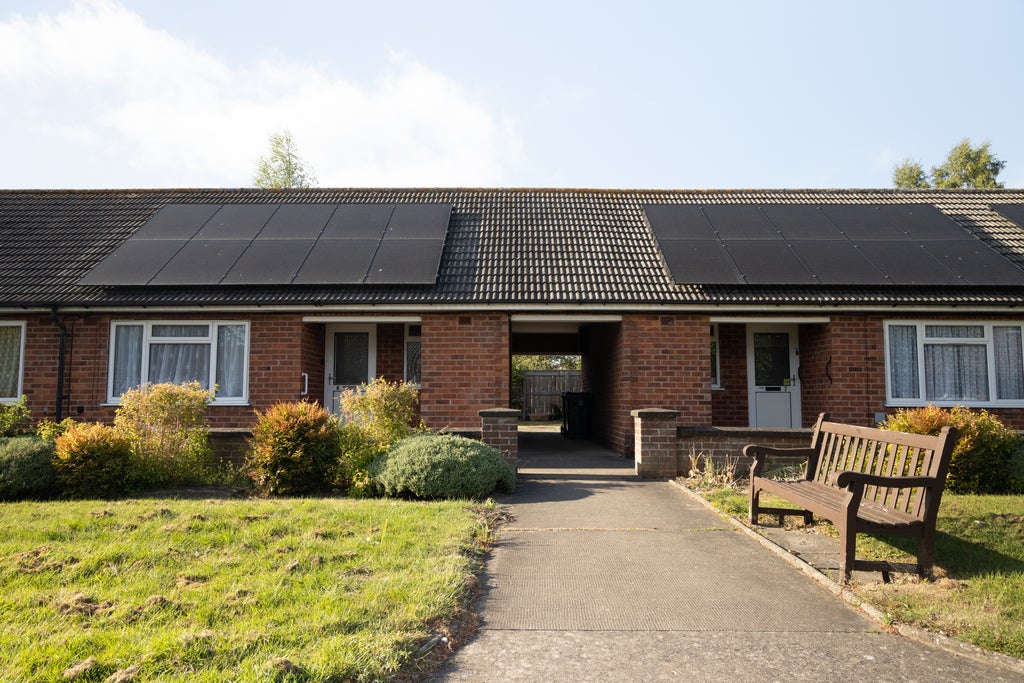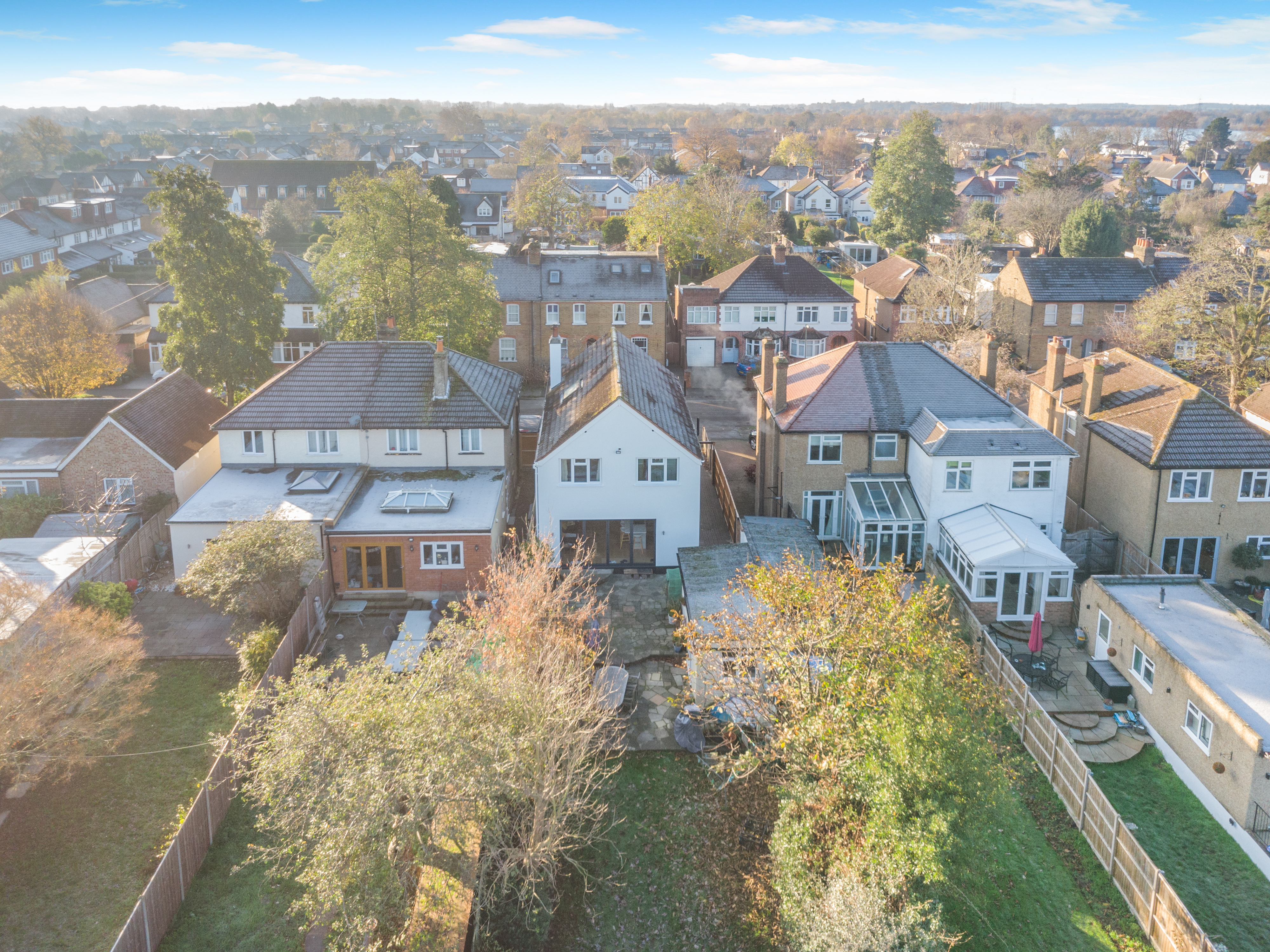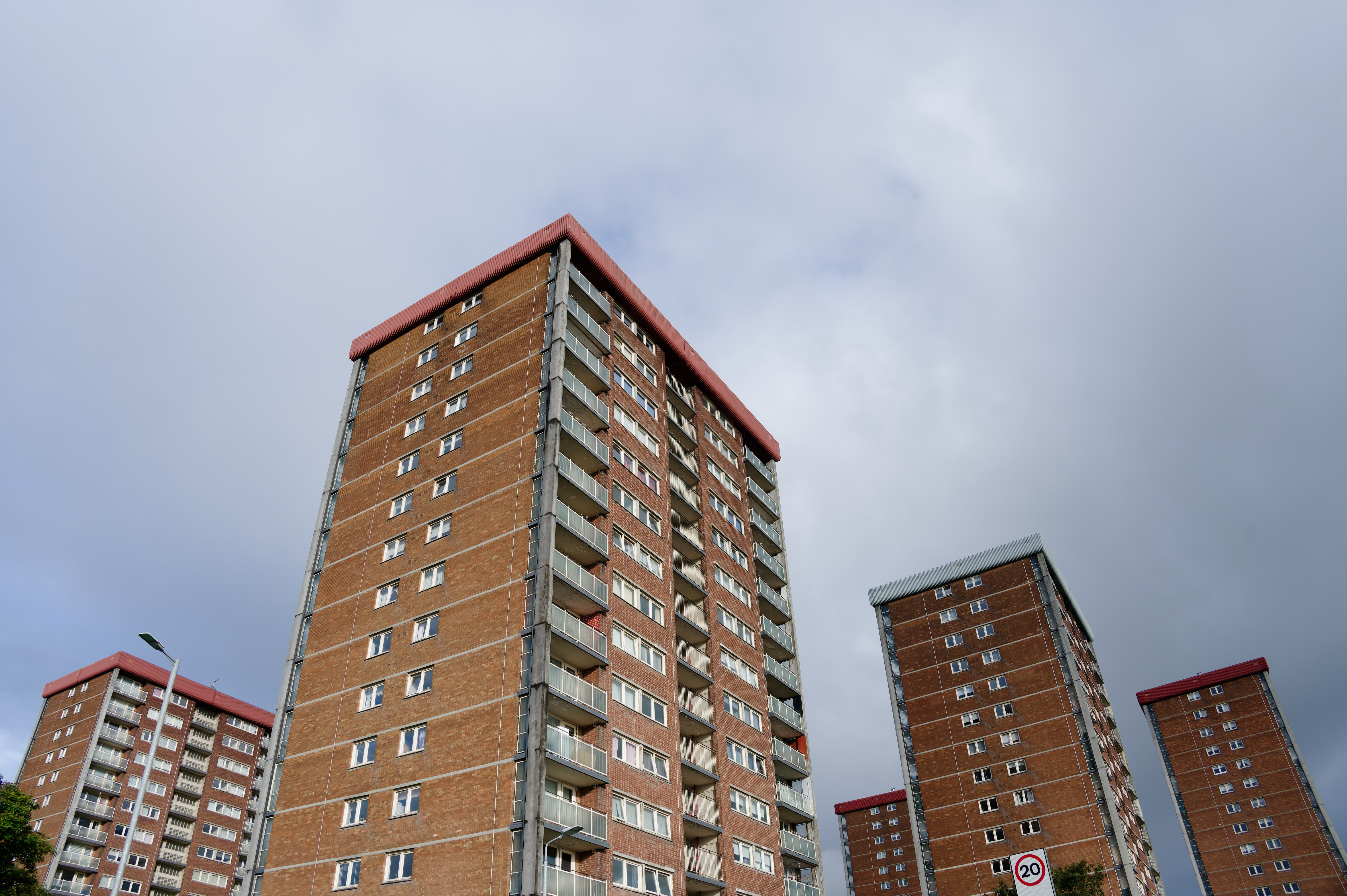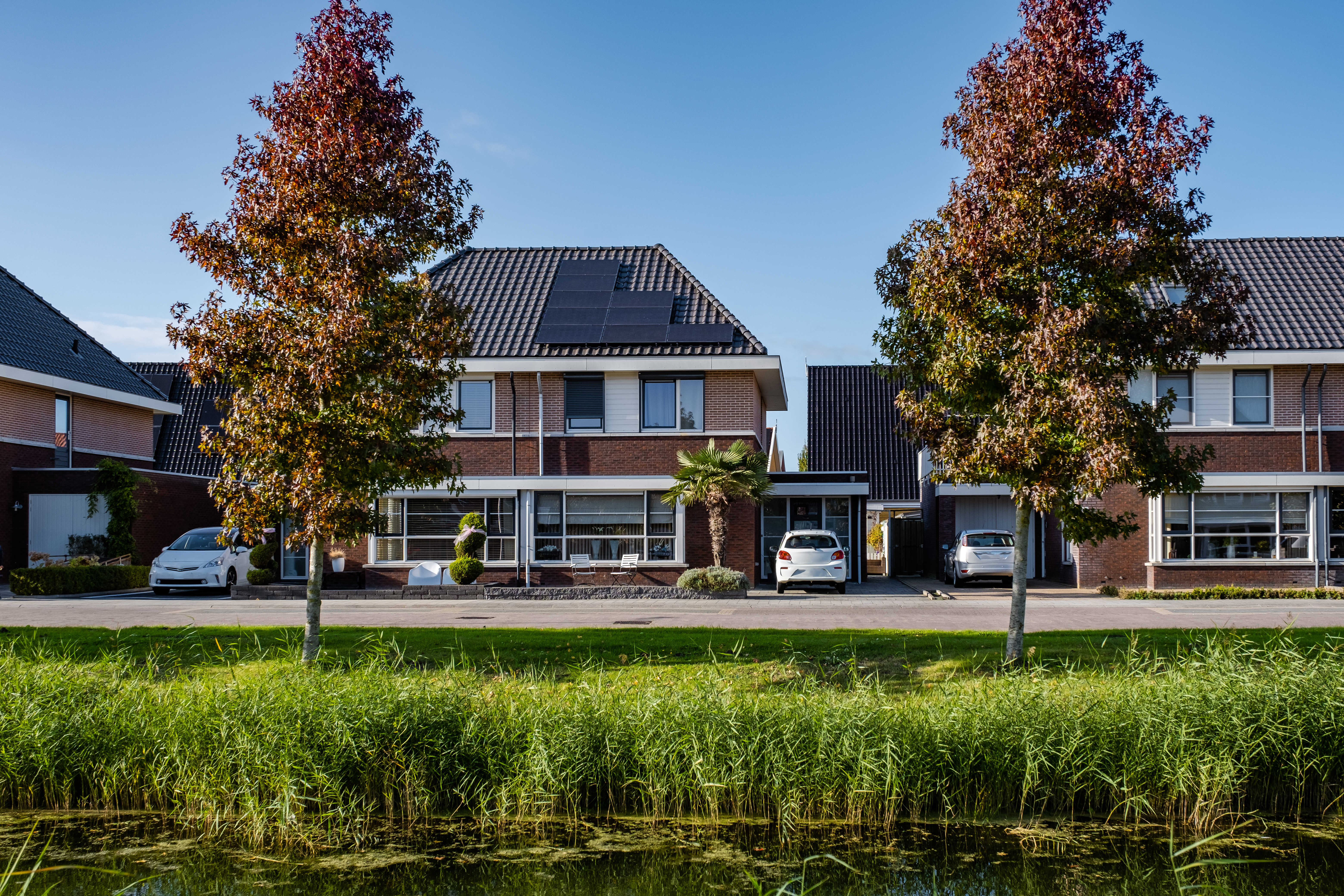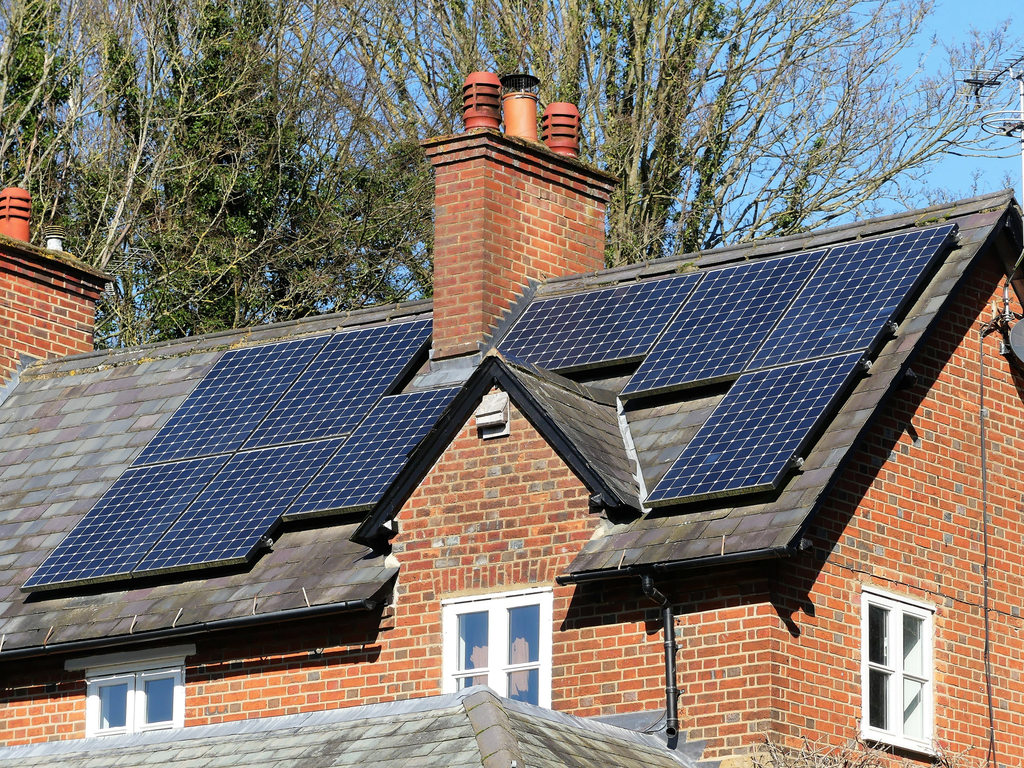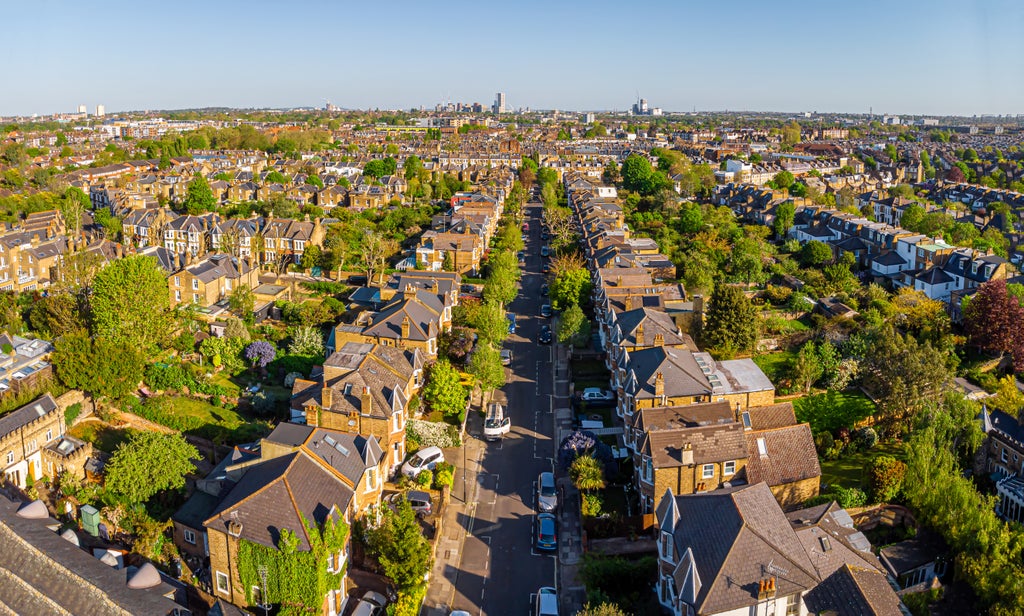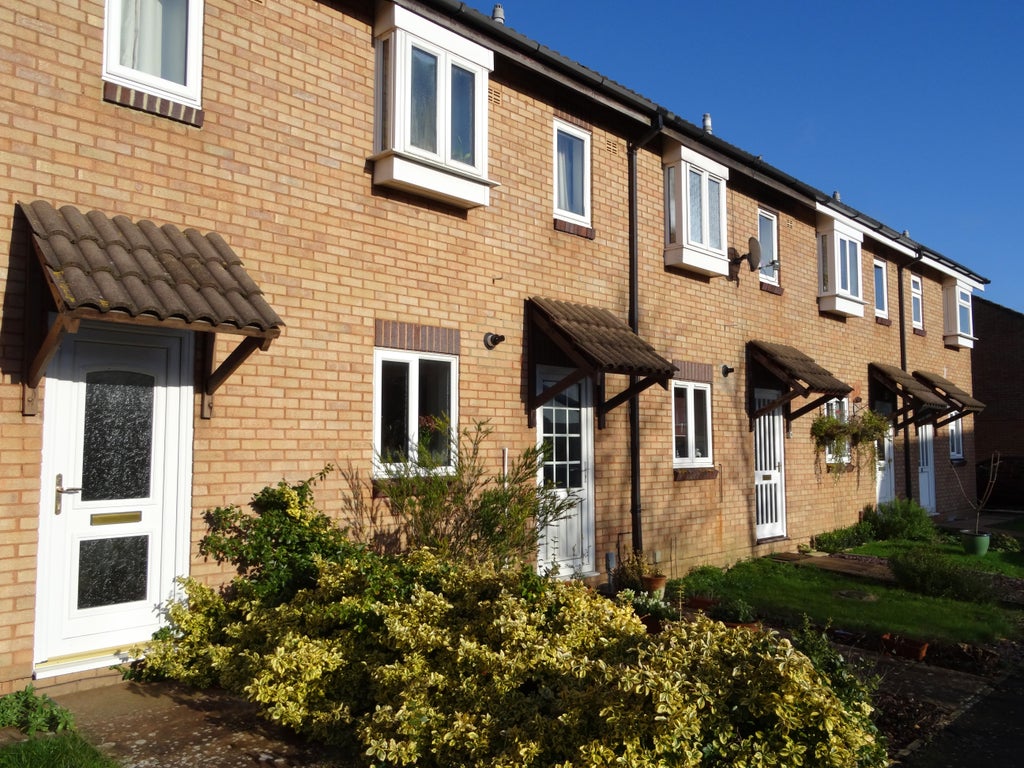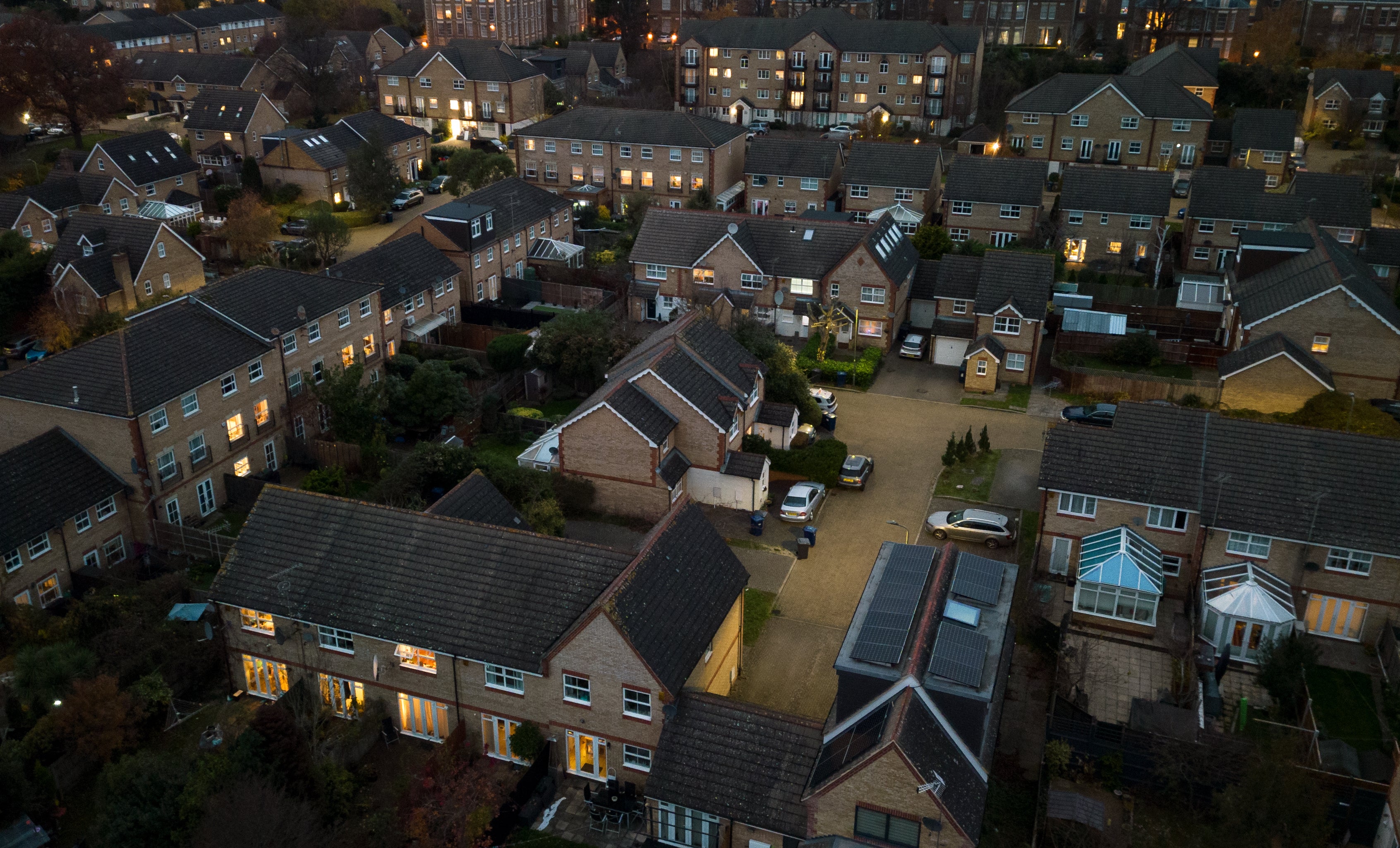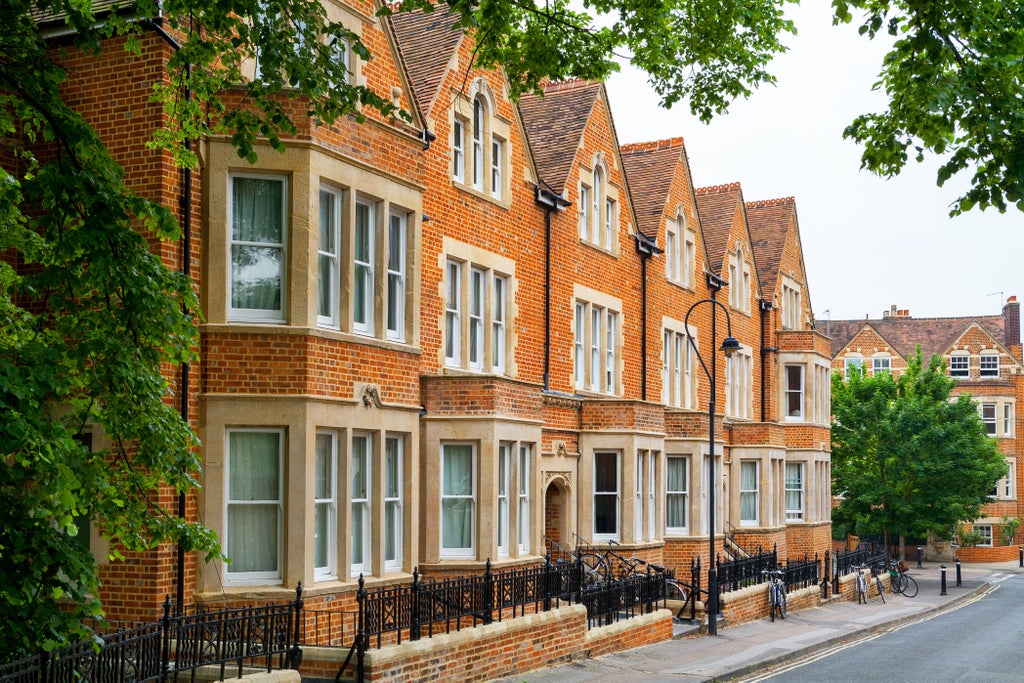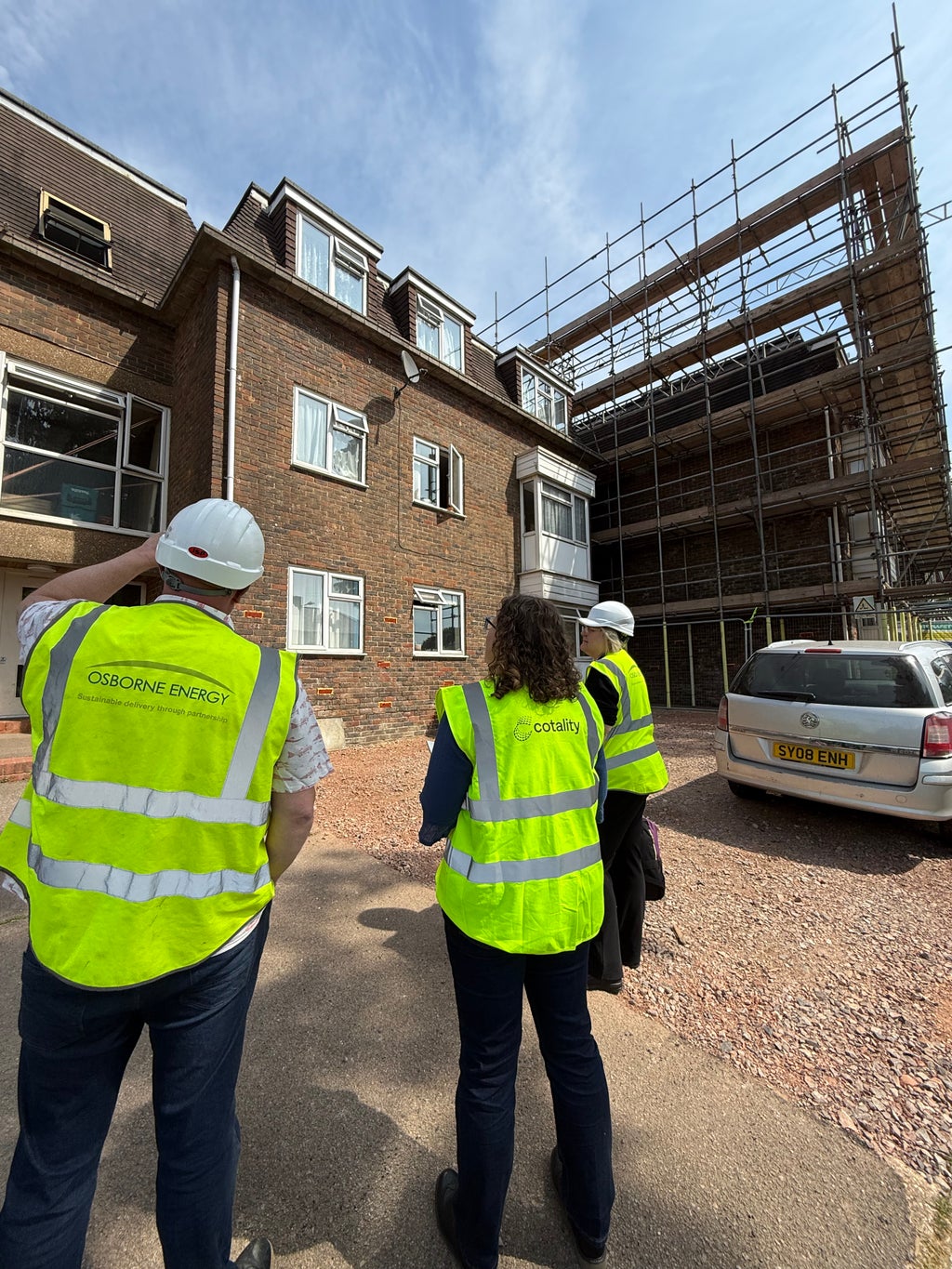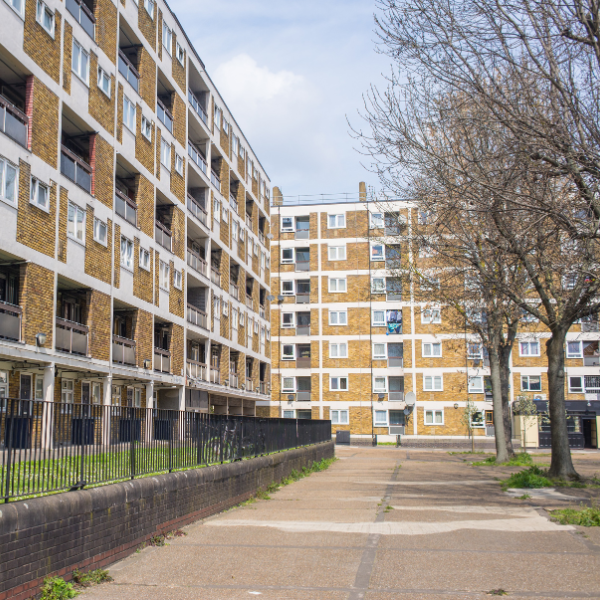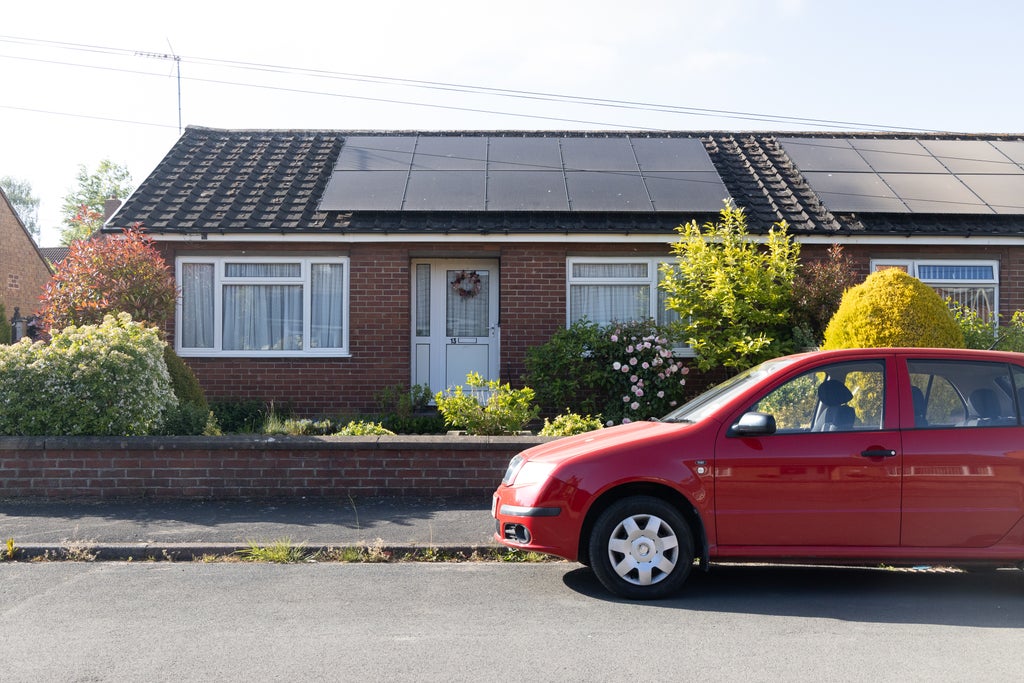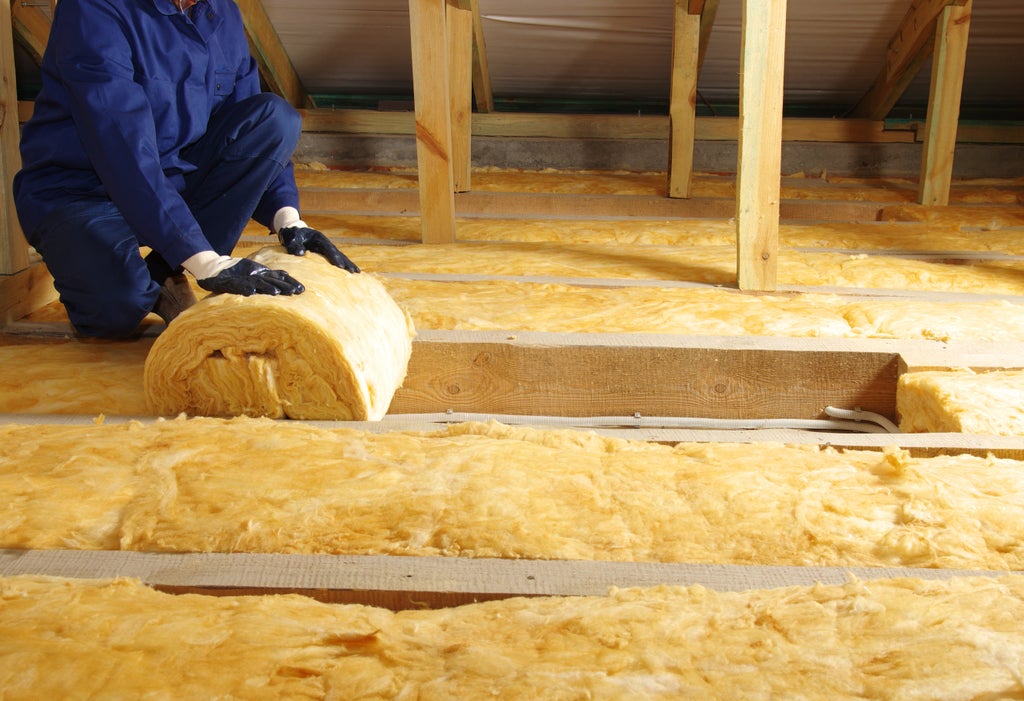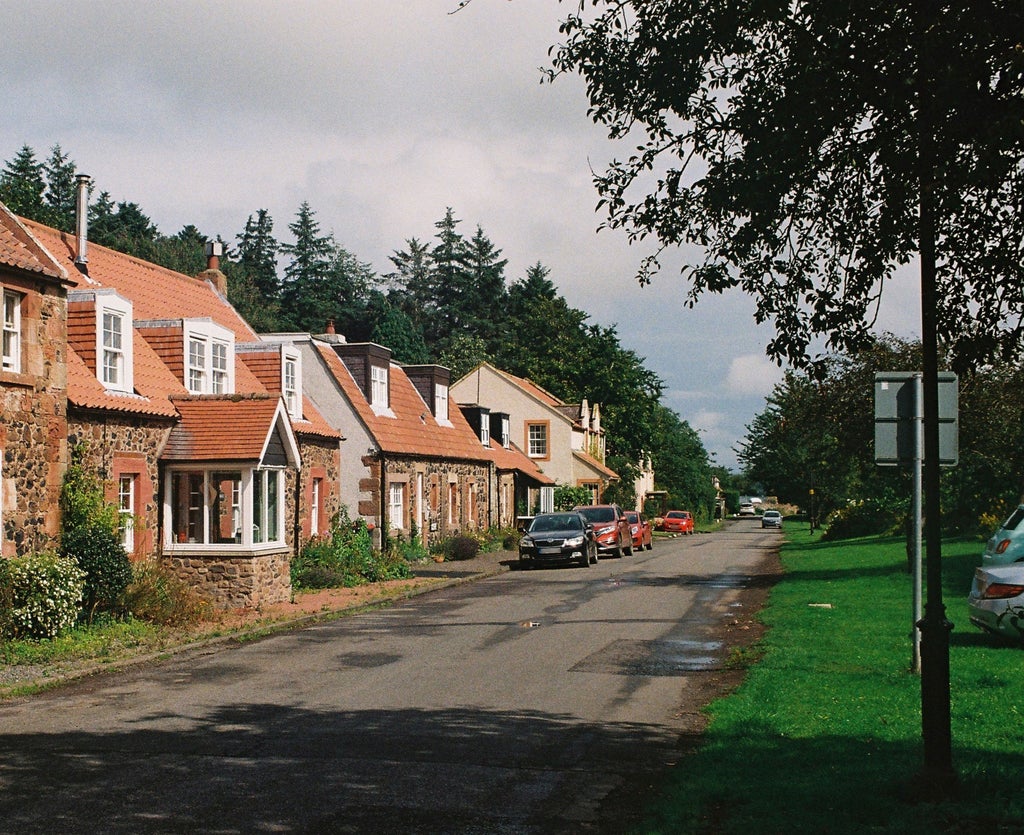The UK Government has launched consultations on a revised Decent Homes Standard, and on a minimum energy efficiency standard for homes in the social rented sector.

Key Proposals for the rented sector
The launch of these two consultations marks a significant step toward establishing clarity on baseline expectations for both social and private rented homes in England.
It is complemented by a number of measures in the Renters Rights Bill, Awaab's Law and the Minimum Energy Efficiency Standards consulted on earlier in 2025.
Key elements include:
- Legal application of the Decent Homes Standard to the private rented sector for the first time
- Homes must be free of serious hazards, be in a reasonable state of repair, and offer modern kitchen, bathroom, and heating facilities.
- Thermal comfort as a core requirement
- Homes should meet a reasonable standard for warmth and energy efficiency, in line with wider decarbonisation goals.
- Best practice will be provided on preventing overheating as part of a guidance note on adaptation to climate change.
- Framework for compliance
- Stronger enforcement powers will be provided to local authorities to enforce compliance in the private rented sector
- A Private Rented Sector database introduced by the Renters Rights Bill should support registration, compliance tracking, and enforcement transparency.
- The consultation proposes an increase in maximum fine level, power to issue immediate civil penalties, rent repayment orders, and banning orders for persistent non-compliance.
- Enforcement action may also be taken against a superior landlord, such as a freeholder.
- The Regulator of Social Housing will continue to regulate the Decent Homes Standard in the social rented sector.
- Stronger enforcement powers will be provided to local authorities to enforce compliance in the private rented sector
- Consideration of exemptions and phased implementation
- Proposals include allowances for complex situations such as heritage properties, sudden changes in management, or tenancies in place before regulations take effect.
- Exemptions in the social rented sector will be overseen by the Regulator of Social Housing and, in a less formal process, by local authorities in the private rented sector.

New proposals for warmer homes: Minimum Energy Efficiency Standards for social housing
The Governments proposal to implement minimum energy efficiency standards in the social rented sector will have an impact for health, energy bills and decarbonisation, but also carry a significant cost for some homes.
Key proposals include:
- Setting a clear minimum energy efficiency standard, targeting EPC C for all social homes by 2030.
- The EPC is due for reform so this target is uncertain but – crucially – the Government proposes a transition period where pre-reform EPC Cs would be considered compliant for the 2030 deadline where that standard is met by 1 April 2028.
- Exemptions will be assessed by the Regulator of Social Housing under the Decent Homes Standard, with a £10,000 cap on spend, and other potential exemptions relating to the property’s heritage, location, occupants and freeholders.
The Government also asks welcome questions about issues for installation of measures where registered providers own the leasehold, but not the freehold. It also asks for evidence and insight to understand what next, in terms of delivering low carbon heating and on to net zero in 2050. We think this is vital to ask now – as having a long-term plan and optimising the sequence of works will reduce costs, risks and tenant hassle.
Implications for Landlords and Finance Providers
These proposals raise important considerations for landlords—particularly around investment planning, retrofit financing, and asset management strategies.
For finance providers and landlords, these consultations signal a need for:
- Robust stock condition data
- Strategic capital investment plans
- Alignment of decent homes investment with decarbonisation and thermal comfort targets
What’s next?
The consultations are a key opportunity for landlords, lenders, housing associations, and delivery partners to provide evidence on
- Feasibility and timing
- Cost and investment implications
- Interactions with other standards and funding models
- How best to support compliance and protect tenants
- What next after SAP C?
Engagement during this consultation phase will be crucial to shaping a Decent Homes Standard that balances ambition with practical delivery, financial realism, and tenant wellbeing.
The timing over the summer is clearly challenging and Cotality will look at how it can support its clients with their responses.
🔗 Read the Decent Homes Consultation here.
🔗 Read the Social Rented Sector Minimum Energy Efficiency Standards Consultation here.
📅 Both consultations are open until 10 September 2025





